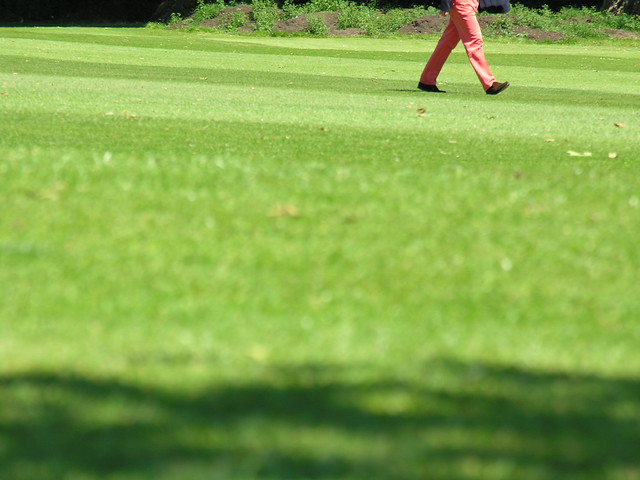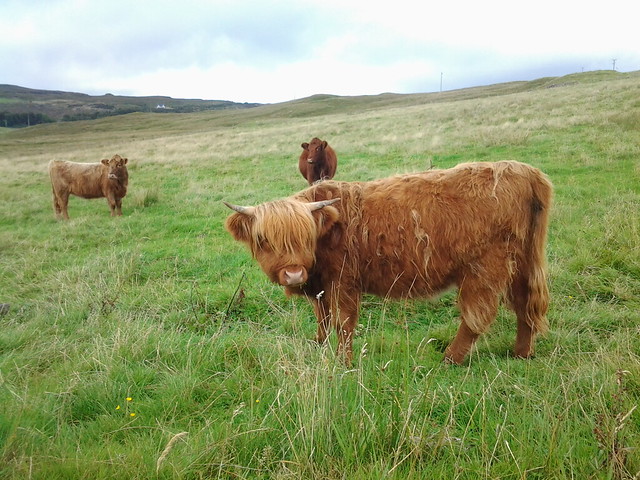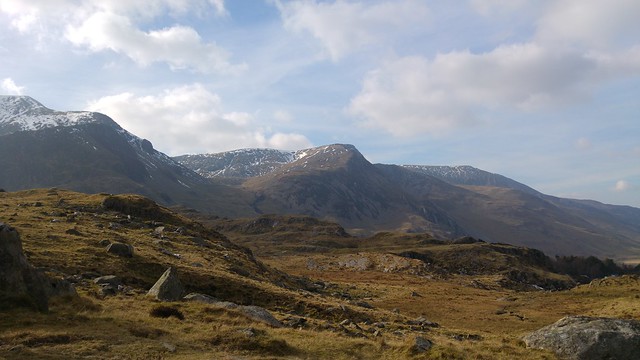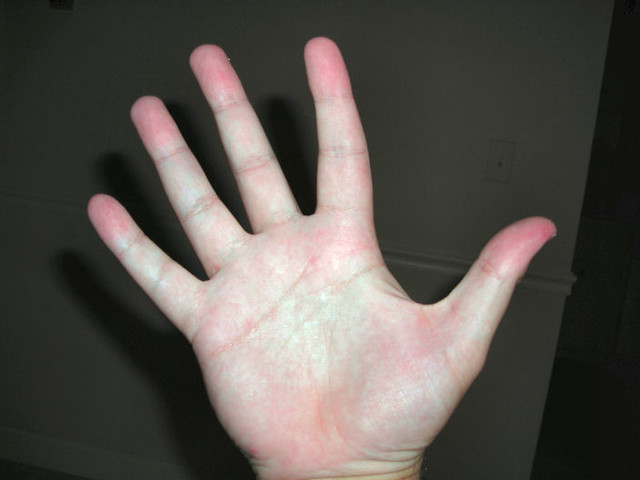This post peers into the depths of some deeply profound words in the Celtic languages.
| Proto-Celtic | *dubnos (adj) = deep *dubnos (noun) = world *Dubnowalos = a male given name – “world prince / chief” *Dubnogenos = a male given name – “world born / family” |
|---|---|
| Gaulish | dumnos = deep Dubnorīx = a male given name – “world king” |
| Primitive Irish | ᚇᚑᚋᚅᚌᚓᚅ (domngen), ᚇᚑᚋᚅᚌᚔᚅᚅ (domnginn) = male given names |
| Old Irish (Goídelc) | domain = deep, profound, depth(s), sea-floor fudumain = profound(ity), depth Domnall = a male given name Domaingen = a male given name |
| Middle Irish (Gaoidhealg) | domain, doimin, domun, domuin = deep, profound, intense, thoughtful, depth(s) doimnigid = to deepen, lower domne, domnae = depth(s) domun = the world, the earth Domnall = a male given name |
| Irish (Gaeilge) | domhain [d̪ˠɑinʲ/d̪ˠoːnʲ] = depth, deep, abyss, inmost part, profound, sunken, hollow, low-pitched, far, late domhainiascaireacht = deep-sea fishing domhainmhachnamh = deep thought, deep reflection doimhneacht = depth, deep place doimhnigh = to deepen doimhniúchan = (act of) deepening domhan = earth, world Domhnall, Dónall = male given names |
| Scottish Gaelic (Gàidhlig) | domhain [dõ.ɪn̪ʲ] = deep, profound domhaineachd [dõ.ɪn̪ʲəxg] = depth, deep, deepness, profundity domhainteachd [dõ.ɪn̪ʲdʲəxg] = abstruseness domhan [dõ.an] = universe, world Dòmhnall = a male given name |
| Manx (Gaelg) | dowin = deep(ly), deep-rooted, involved, low, profound, secretive, thorough, penetrating diunaghey = to deepen diunid = deep, depth, gulf, rootedness dowan = world, earth, universe, cosmos |
| Proto-Brythonic | *duβn/*dumno = deep *Duβnowal = a male given name *Duβnoɣen = a male given name |
| Old Welsh (Kembraec) | duuin, dofn = deep Dumnagual = a male given name |
| Middle Welsh (Kymraec) | dowyn, duvin, dwvyn, dwfyn, dwuyn = deep, dense dyfnu, dyfnaf = to become accustomed (to), be familiar (with) dyfyn(n)der, dyuynder, dewfynder = depth(s), deepness dyfnddysc = erudite, profound, erudition, deep learning dyuynvor = deep sea, main, ocean dyfynhau = to deepen, dig, excavate, intensify *Dyuynwal, Dyvynwal, Dyfynwal = male given names |
| Welsh (Cymraeg) | dwfn, dyfn [dʊvn] = deep, dense, mysterious, intense, serious, profound; depth(s), deep waters, abyss, void; world, earth dyfnu = to become accustomed (to), be familiar (with), suck dyfnder = depth(s), deepness, bottom, thickness, abyss dyfnddysg = erudite, profound, erudition, deep learning dyfnfor = deep sea, main, ocean dyfnhau = to deepen, dig, excavate, intensify Dyfnaint = Devon Dyfnwal = a male given name Dyfnien = a male given name |
| Middle Cornish (Cernewec) | down = deep, profound, low downder = depth |
| Cornish (Kernewek) | down = deep downder = depth downfria = to deep-fry downhe = to deepen downrewi = to deep-freeze |
| Old Breton (Brethonoc) | dumn = deep |
| Middle Breton (Brezonec) | doun, don = deep dounhat = to deepen do(u)nder = depth |
| Breton (Brezhoneg) | don [dɔ̃ːn] = deep, hollow (plate, dish), serious (air) donaat = to deepen donañ [ˈdɔ̃ː.nã] = to deepen donded [ˈdɔ̃n.det] = depth donder [ˈdɔ̃n.dɛr] = depth Dunvel = a male given name |
Etymology: from the Proto-Indo-European *dʰubʰnós (deep), from *dʰewbʰ- (hazy, unclear, dark, deep) [source]. Words from the same roots include deep and dip in English, tief (deep, low) in German, dopen (to dip, immerse, name) in Dutch, dùgnas (bottom, background) in Lithuanian, дно [dno] (floor, bed, bottom) in Russian, and words for black in Celtic languages
The names Donald and Dunaldur (used in Faroese) come from the Proto-Celtic name *Dubnowalos [source].
Sources: Wiktionary, Etymological Dictionary Of Proto Celtic, In Dúil Bélrai English – Old Irish glossary, eDIL – Electronic Dictionary of the Irish Language, Teanglann.ie, Am Faclair Beag, An etymological dictionary of the Gaelic language, Fockleyreen: Manx – English Dictionary, Online Manx Dictionary, Gaelg Corpus, Geiriadur Prifysgol Cymru, Lexicon cornu-britannicum : a dictionary of the ancient Celtic language of Cornwall, Gerlyver Kernewek, Devri : Le dictionaire diachronique du breton, Dictionnaires bilingues de Francis Favereau / Edition Skol Vreizh, TermOfis












